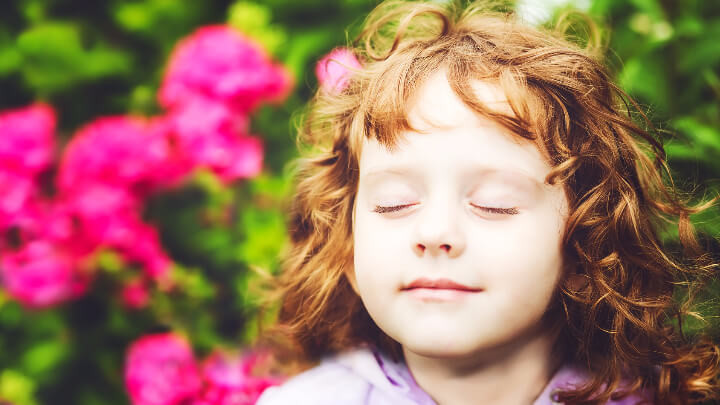Tips in case of hyperactivity
Children with ADHD often have difficulties in establishing the proper excitation condition for the respective situation. They are frequently restless, loud and impulsive at times. With a few tips, you can support your child to calm down better and to adjust its own excitation level to the respective tasks or assignments.




